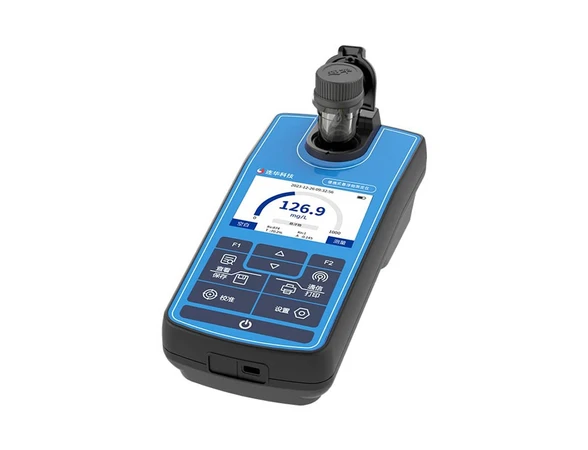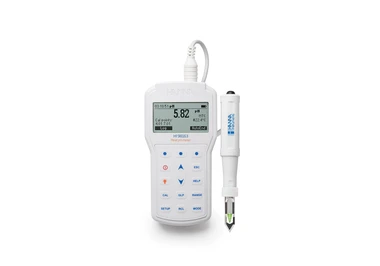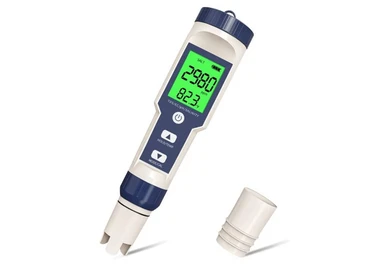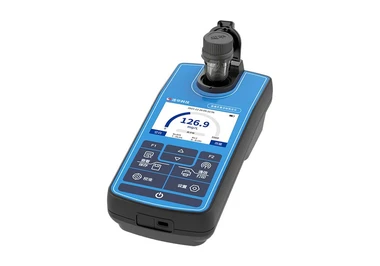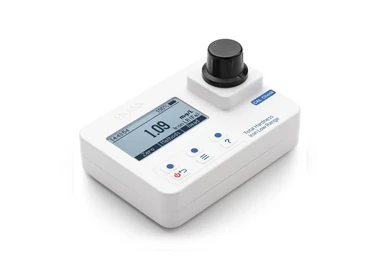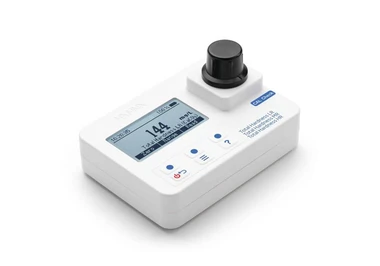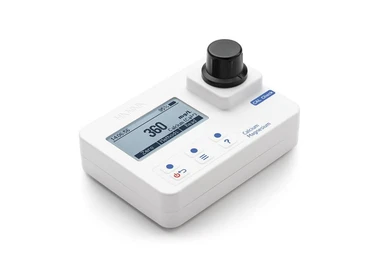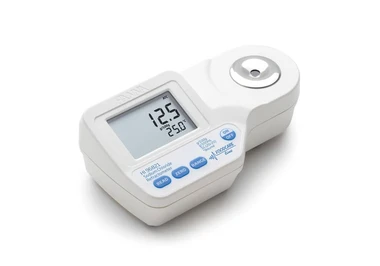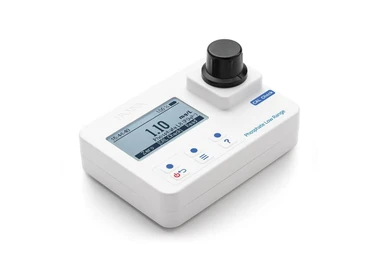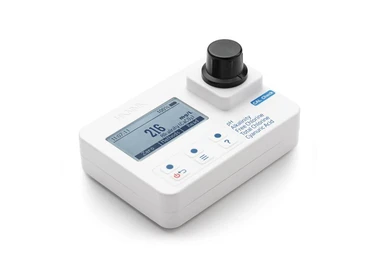TSS Test
Particles that are large enough to be retained by a filter are called total suspended solids (TSS). TSS measures the amount of suspended solids (small pieces) floating in water.
Disadvantages of suspended solids
- Creating turbidity and cloudiness of liquids due to large numbers of particles that are generally not visible to the naked eye
- Water pollution and contamination of water bodies
- Water quality and changing the chemical, physical and biological characteristics of water based on its use standards
- In industry, due to the formation of deposits in cooling and heating systems, it reduces the efficiency and productivity of facilities.
How is total suspended solids (TSS) calculated?
Total suspended solids (TSS) is the main factor in turbidity. The most common and accurate method of measuring suspended solids is by weight. To measure TSS, a water sample must be filtered, dried and weighed.
What are suspended solids?
Suspended solids (TSS) are particles larger than 2 microns in water that are present in the form of fine sediment particles. For example: soil, biological solids, decaying organic matter and particles discharged in sewage are included in this category.
Methods of separating suspended solids from water
- Sedimentation
- Filters
- Centrifuges
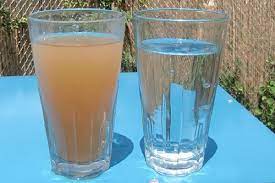
* The laboratories of Abrizan Industrial Research Company, located in the Science and Technology Park of Fars Province, are capable of accurately measuring various water parameters, including TSS, with experienced staff and the use of advanced devices and equipment.

